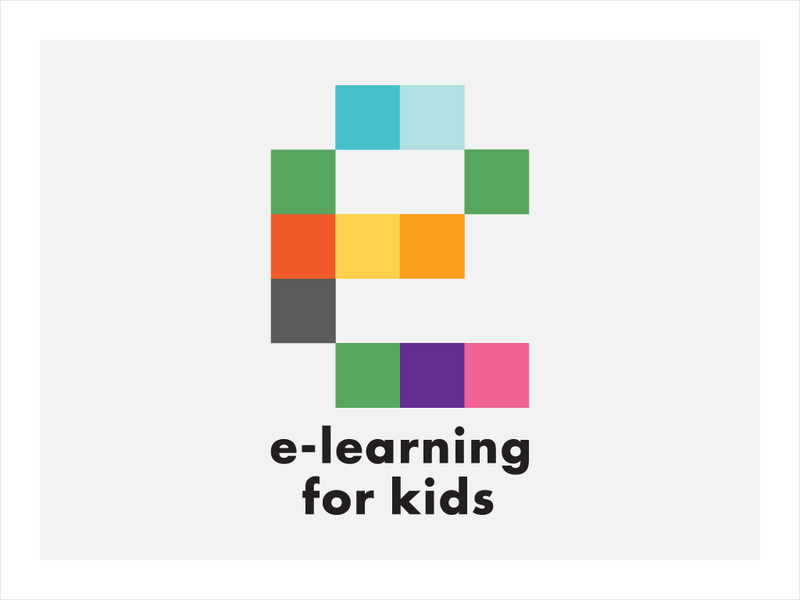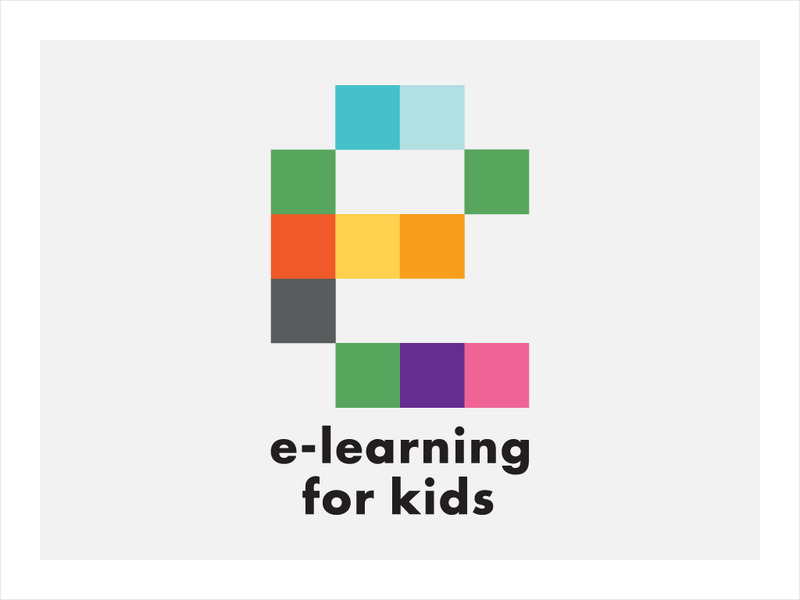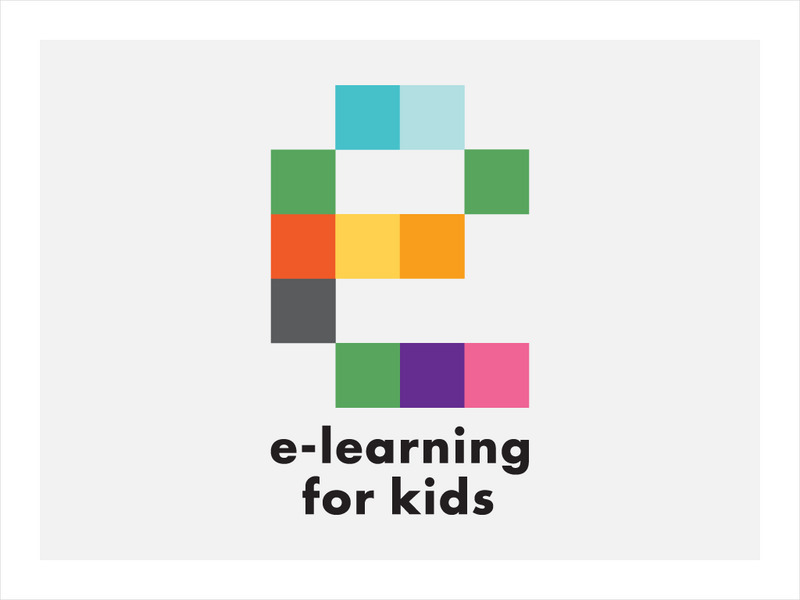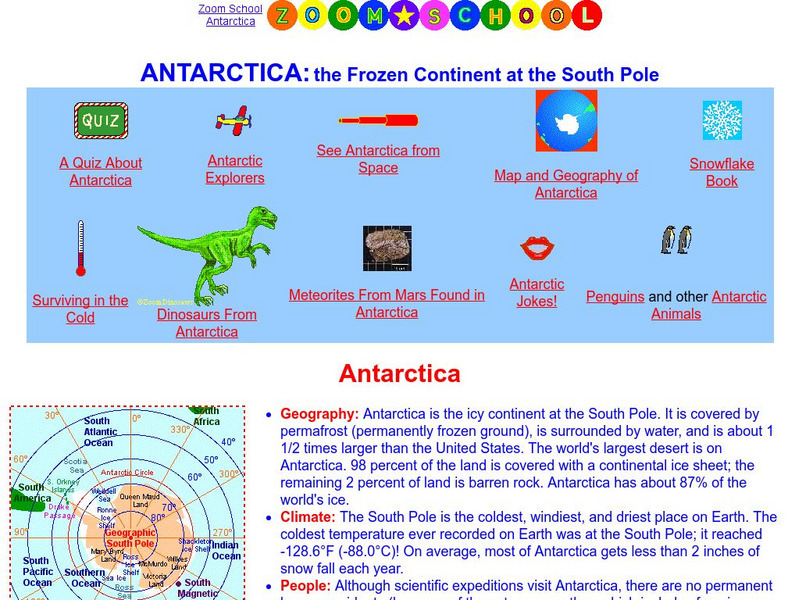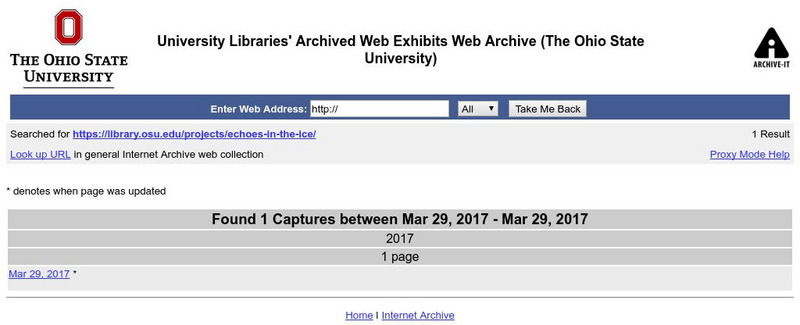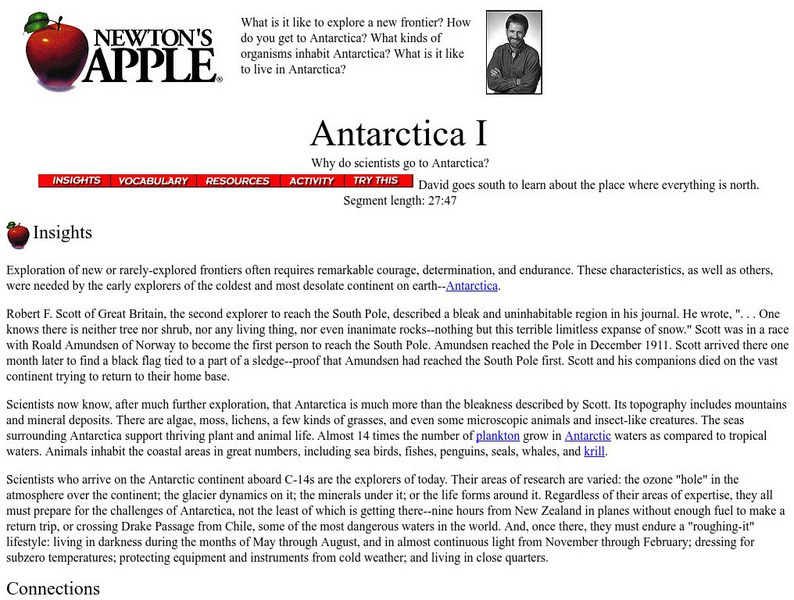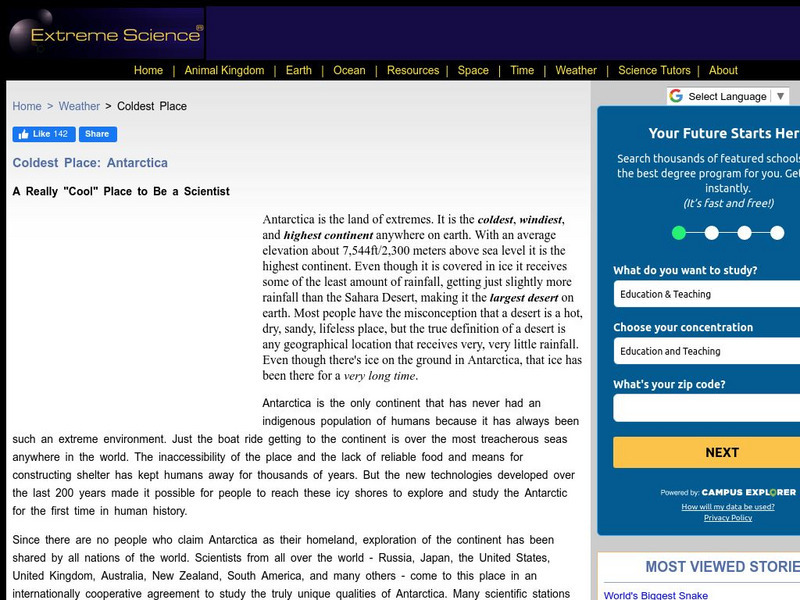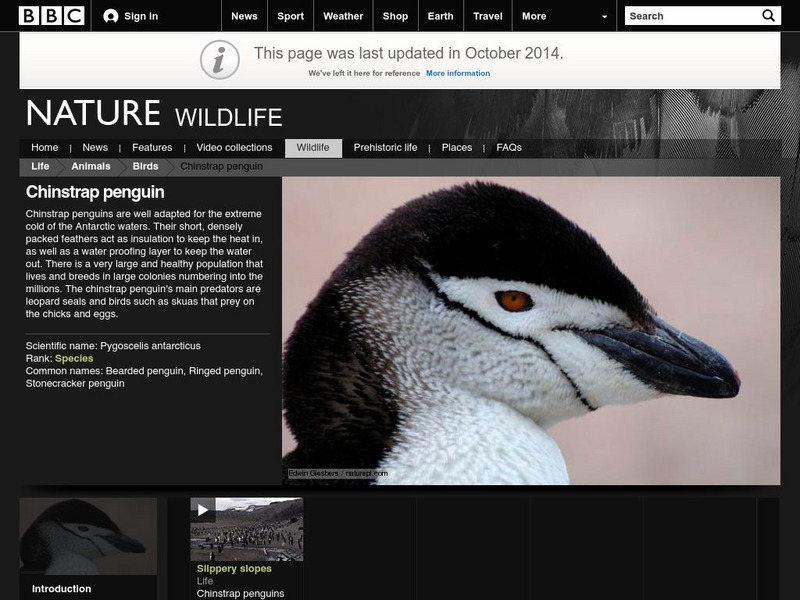E-learning for Kids
E Learning for Kids: Science: Antarctica/ What Are the Different Parts of the Universe?
In this lesson, students learn about objects in the universe, including constellations, planets, meteors, asteroids, and comets.
E-learning for Kids
E Learning for Kids: Science: Antarctica: Describe the Life Cycle of Stars
Discover the stars with Peter. At his mom's research center, help Peter learn constellations and learn about characteristics of stars.
E-learning for Kids
E Learning for Kids: Science: Antarctica: What Is Distance?
Help curious Matt find out everything there is to know about determining distances.
E-learning for Kids
E Learning for Kids: Science: Antarctica: Penguins: What Is Motion?
What do you know about Emperor penguins? Ernie is researching them and their migration across the continent.
E-learning for Kids
E Learning for Kids: Science: Antarctica: Which Types of Sounds Do You Know?
For this lesson, students learn about the five senses, identify objects that make sound, and take a fun fact quiz at the end.
E-learning for Kids
E Learning for Kids: Science: Antarctica: When Were Cells First Discovered?
Students learn about the parts of a cell and how they were first discovered. Includes a fun fact quiz at the end.
E-learning for Kids
E Learning for Kids: Science: Antarctica Research Center: What Do Cells Do?
For this lesson, students learn about the specialization of cells to perform different functions, and how they are organized into tissues and organs in the human body.
E-learning for Kids
E Learning for Kids: Science: Antarctica: How Are Living Things Described?
Learn about the different levels of organization in living things, from cells to organisms.
National Science Foundation
National Science Foundation: u.s. South Pole Station
The resource explores the National Science Foundation's Amundsen-Scott South Pole Station. The interactive activity consists of a video tour, illustrations, related resources, and a webcam.
E-learning for Kids
E Learning for Kids: Science: Nova Zembla: Why Do We Need Plants?
This module explores how plants help animals survive. Bobby is a scientist on Antarctica. He discovers many amazing uses of plants. Join him and help him learn.
Enchanted Learning
Enchanted Learning: Zoom School: Antarctica
Learn some amazing facts about the coolest place on Earth, Antarctica. Explore a map and geography, science, animals, explorers, jokes, and more. Also contains a quiz to take.
Society for Science and the Public
Science News for Students: Massive Ice Shelf Is Poised to Break Off of Antarctica
Uh oh! A fast-growing crack in Antarctica's Larsen C ice shelf could soon release a truly huge hunk of ice into the ocean.
Society for Science and the Public
Science News for Students: Antarctica Warms, Which Threatens Penguins
Describes the threat of climate change in the Antarctica to emperor penguins by affecting the ice sheets where penguin breeding grounds are located.
Ohio State University
Echoes in the Ice: Exploration and Science in Antarctica
A website about Richard E. Byrd, Dr. Frederick A. Cook, and Sir Hubert Wilkins and Antarctica exploration.
Exploratorium
Exploratorium: Museum of Science, Art and Perception
This museum provides numerous online exhibits about everything from the science of sports to the Hubble Telescope. Each exhibit includes learning ideas, fun activities, articles, and learning games.
Penguin Science
Penguin Science: Penguins Marching Into the Classroom
Follow Adelie Penguin families as they raise their chicks. Daily pictures (November through January) from the penguin colony on Ross Island, Antarctica. are posted with data for students to keep a field journal. Inquiry classroom...
Other
The Antarctic Sun: News About Antarctica
Latest headline scientific news of theworkbeing done in the Antarctic, and stories of the peopleliving there.
Science Struck
Science Struck: Complete List of Ice Shelves in Antarctica
Explains what ice shelves are and provides a list with descriptions of the ice shelves in Antarctica.
E-learning for Kids
E Learning for Kids: Science: Bay of Whales: Calculating Speed
Amelia is a researcher. She studies the speed of animals. Join her in Antarctica to help her figure these calculations.
Michigan Reach Out
Twin Cities Public Television: Antarctica I
After learning why scientists go to Antarctica, students plan and go on an expedition of an "unexplored" territory themselves. Planning guide for the expedition is included.
Teachnology
Teachnology: Teacher Guide for Antarctica
ELL students - and all students - will find these resources about Antarctica interesting and informative. This site is enriched with maps, clipart, games, activities, vocabulary builders, lesson plans and art activities.
Discovery Education
Discovery Education: Physical Science
The Discovery Channel provides numerous lesson plans dealing with the physical sciences. Content is organized by grade level, but all lesson plans include suggestions for adaptations for older or younger audiences.
Extreme Science
Extreme Science: Coldest Place on Earth: Antarctica
A description of the extreme climate of the Antarctica, the coldest place on Earth, as well as the windiest. It is also the highest continent, and considered to be a desert as it has little rainfall. Includes information about the...
BBC
Bbc Science & Nature: Chinstrap Penguin
If you are looking for more information on the Chinstrap Penguin, then use this detailed fact sheet and these interesting photos.






